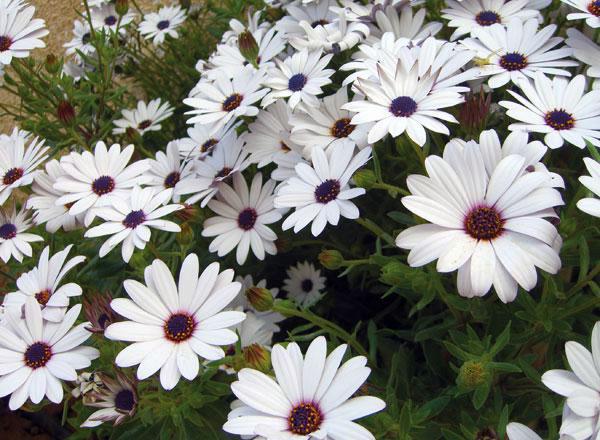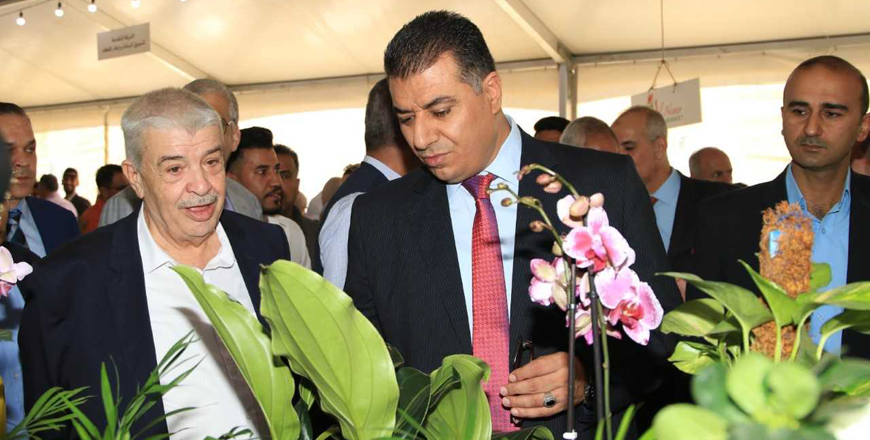You are here
‘Shortage in labour, rising production costs hindering further growth of floriculture’
By Hana Namrouqa - Sep 24,2016 - Last updated at Sep 24,2016

There are over 2,500 greenhouses around Jordan for farming cut flowers and ornamental plants (File photo)
AMMAN — Although floriculture is a booming sector in Jordan, it suffers a shortage in specialised labour and rising production costs, agriculture officials said on Saturday.
With more than 70 million cut flowers generated per year, the sector has grown to become a vital pillar of the Kingdom’s economy, the officials said, underscoring that the production covers the local needs and the surplus is exported to Europe and the Gulf.
“The country produces high quality cut flowers which are very much on demand abroad in many Gulf and European countries, including the Netherlands,” Agriculture Ministry Spokesperson Nimer Haddadin told The Jordan Times.
There are over 2,500 greenhouses in different parts of the country that are specialised in the farming of cut flowers and ornamental plants, Haddadin said, adding that “state-of-the-art” technologies are used at the greenhouses to produce high quality cut flowers, while preserving natural resources.
The Kingdom is famous for the sunflower, the bird of the paradise, freesia, the Swiss cheese plant, lilium, daffodil and China aster, among other types of cut flowers and ornamental plants, according to the spokesperson.
Haddadin noted that the lack of specialised labour, rising production costs and the limited water resources are among the challenges facing cut flower farmers, who total 70 farmers.
Munir Halaseh, an expert in plant production and head of the ministry’s crisis unit, said the floral industry in Jordan is promising, but lacks authorities’ support.
“The sector currently generates JD6 million per year, but it needs further support from the government to enable it to expand,” Halaseh told The Jordan Times.
Halaseh noted that the sector has great potential for investment, noting that cut flowers are mainly grown in the Baqaa basin, Ain Al Basha in Balqa Governorate, Zeezya south of the capital and Mafraq, which is located in the northeastern part of the country.
Related Articles
AMMAN — The International Labour Organisation (ILO) signed a project agreement with the Government of Australia, which aims to improve worki
AMMAN — Agriculture Minister Khalid Hneifat on Thursday inaugurated the first Jordan Flower Show at Al Hussein Parks.The event was organised
AMMAN — Jordanian farmers produce around 70 million flowers a year, which are sold locally or exported, Jordanian Association for Cut and Or













